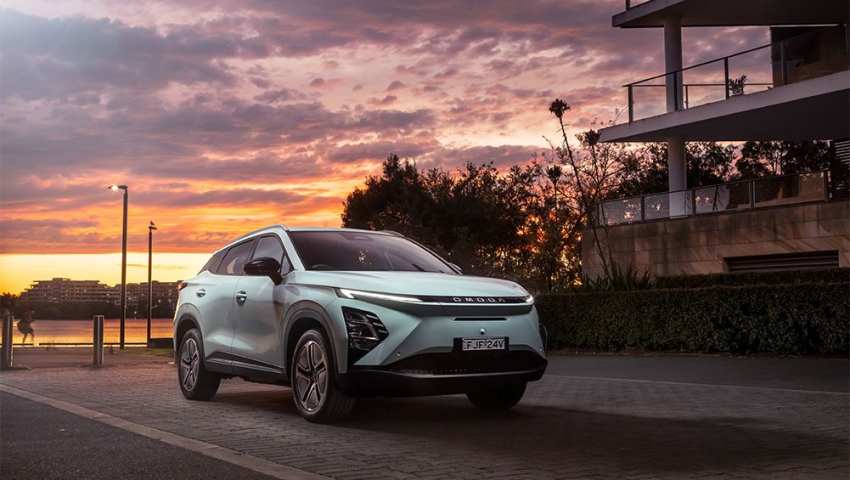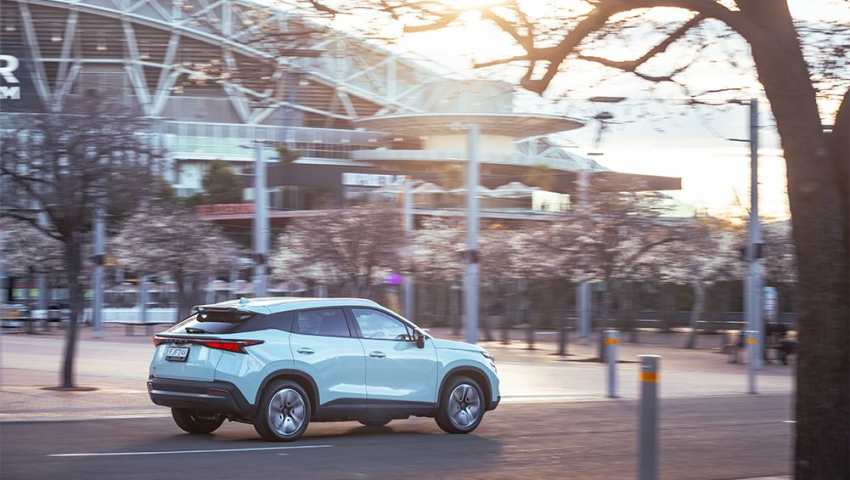Japan may have unveiled first 100% lithium engine: It's a historic blow to Chinese cars
Ford researched the hydrogen engine for years: They have created a prototype that was thought impossible
Japan has long been known for its automotive industry, and this discovery may change the automotive world as it is known today. The country, through Nissan, has recently been said to have released the first-ever 100% lithium-ion engine. This is a revolutionary development, particularly when lithium limitations have forced many manufacturers to consider other materials, such as aluminum alloys.
Nonetheless, Nissan’s decision to use lithium in all parts of the engine that can accommodate it might be transformative in the EV industry. It would place Japan at the vanguard of the next generation of automobile manufacturing while delivering a competitive strike against China’s ascending EV industry.
This revolutionary engine could redefine electric vehicle performance and efficiency
The 100% lithium engine announced by Nissan for hybrid and electric vehicles is believed to deliver performance and fuel efficiency never seen before. Lithium is lighter than other aluminum alloys, and thus, the use of lithium in the construction of the engine decreases the overall weight of the engine and increases acceleration capacity and fuel efficiency.
The efficiency and effectiveness of the electric motor and the combustion engine are crucial in hybrid cars, making this analysis particularly important. Nissan has already had a taste for the success of hybrid technology and how it is possible to blend the petrol engine and the electric motor to make a car that is the best in both worlds.
The use of lithium in more engine components will also enhance acceleration and response to energy storage and regeneration upon deceleration. This will, in turn, enhance efficiency, reduce energy use, and increase the driving distance—a significant factor that environmentally conscious buyers will significantly appreciate.
Understanding the pivotal role lithium plays in automotive advancements today
Lithium has dominated the automotive industry in recent years because of its focus on battery production. Lithium-ion batteries are used in most electric cars to store and provide power. Nissan’s new hybrid cars have shown that lithium-ion batteries offer better fuel economy and can better store energy in regenerative braking. To advance from using lithium only in the battery to using it in other parts of the engine is a strategic shift. Still, this element is underlined as critical in the search for cleaner, efficient transport.
There are few resources for lithium, and most car manufacturing companies have had to look for other materials, but Japan doubling the use of lithium is a calculated move. Nissan might already be betting on the long-term viability of lithium sources if it invests in new battery technology and boosts lithium consumption in its engines. This decision forces other automakers, especially in China, to reconsider their strategies of sourcing as well as the kind of materials they use.
How Japan’s innovation poses a severe challenge to Chinese electric vehicle dominance
China has shifted the production of electric cars to the next level and has become the leading manufacturer. However, the recent announcement by Japan of a 100% lithium engine may disturb this balance. Chinese competitors, while very good in battery production, are not near Nissan’s level of vertical integration. In this way, by fully utilizing lithium, Japan can provide its vehicles with a performance advantage that Chinese competitors may be unable to overcome due to uncertain supply chains.
However, besides performance, there are additional benefits to using a fully lithium-powered engine. It also has implications for the environment too. The engines would make vehicles emit even fewer emissions and use less energy because of improved fuel economy and regenerative braking. This follows global trends by reducing carbon footprints and may give Japan an advantage in markets inclined towards environmentally friendly technologies.
Looking ahead: The bright future of lithium in automotive engineering innovation
The recent presentation of the first 100% lithium engine is a step forward in the history of ICE, but it is only the first step. In the future, other manufacturers will also look at opportunities for lithium in parts of the car other than the battery, as Nissan has already done.
The decision to stick with lithium instead of looking for something that could replace it is a move that could define the struggle for superior, environmentally friendly cars. Japan’s innovation is a turning point in the shift from general combustion engines to electric and hybrids.
By challenging the lithium capabilities, Nissan has successfully provided the foundation for the future generation of engines to taste a new dimension of performance, efficiency, and environmental compliance in the automotive market. This breakthrough, which is also due to the increase in competition, will not only be observed in Japan but can change the future of car manufacturing.
ECONews
© 2024 by ECOticias

.jpg)


